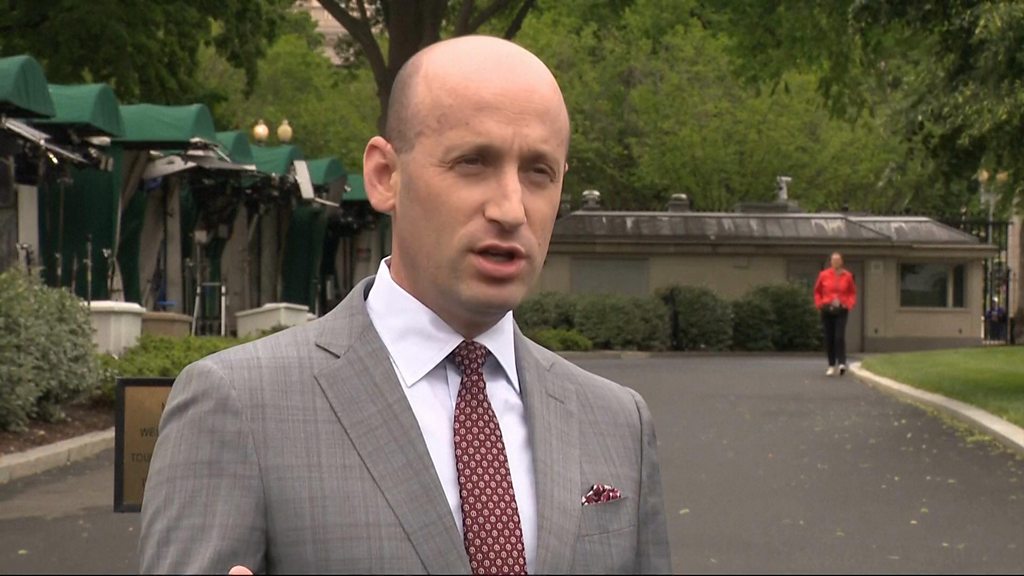The Trump administration reportedly explored suspending habeas corpus rights—a cornerstone of U.S. legal protections. Here’s what this could have meant for civil liberties and democracy.
Introduction
In a move that sparked intense debate across legal and political spheres, reports emerged that the Trump administration considered suspending habeas corpus, a fundamental constitutional right. This controversial idea raised serious concerns about civil liberties, especially during periods of national crisis.
But what is habeas corpus, and why would its suspension matter so much?
What Is Habeas Corpus?
Habeas corpus is a Latin term meaning “you shall have the body.” It is a legal procedure that protects individuals from unlawful detention. Under the U.S. Constitution, it ensures that anyone imprisoned has the right to appear before a judge and challenge the legality of their detention.
This right is enshrined in Article I, Section 9 of the Constitution, stating that habeas corpus cannot be suspended unless in cases of rebellion or invasion when public safety may require it.
Why Was the Trump Administration Allegedly Considering This?
Reports from 2020 indicated that some officials in the Trump administration were evaluating the option of suspending habeas corpus during the COVID-19 pandemic or in response to nationwide protests. The justification reportedly revolved around national security and public safety concerns.
Such a suspension would have allowed authorities to detain individuals without formal charges or court hearings, sparking fears of unchecked executive power.
Historical Context: Has Habeas Corpus Ever Been Suspended?
Yes, but only rarely. The most notable example was during the Civil War, when President Abraham Lincoln temporarily suspended habeas corpus to maintain order and control Confederate sympathizers. The Supreme Court later pushed back on this, reinforcing the principle that such a decision lies with Congress, not the president alone.
Legal and Public Reactions
Legal experts and civil rights advocates quickly condemned the idea. Organizations such as the ACLU (American Civil Liberties Union) warned that any attempt to bypass constitutional rights—even in times of crisis—sets a dangerous precedent.
Suspending habeas corpus could open the door to indefinite detention, political targeting, and erosion of judicial oversight, fundamentally weakening democratic norms.
Conclusion: A Warning for the Future
Although the Trump administration did not ultimately suspend habeas corpus, the very consideration underscores the importance of vigilance in protecting constitutional rights. In times of national stress, the temptation to sacrifice liberty for security grows stronger—but so must the resolve to uphold the principles that define a democracy.



